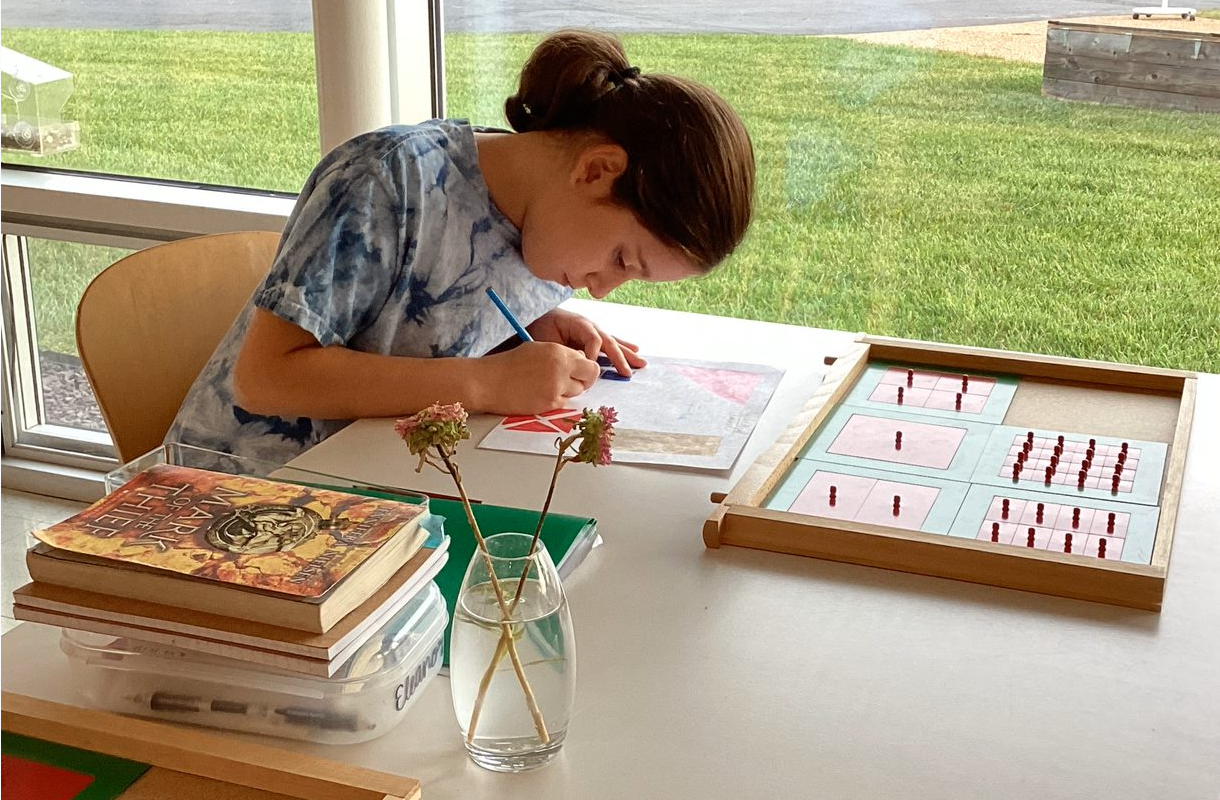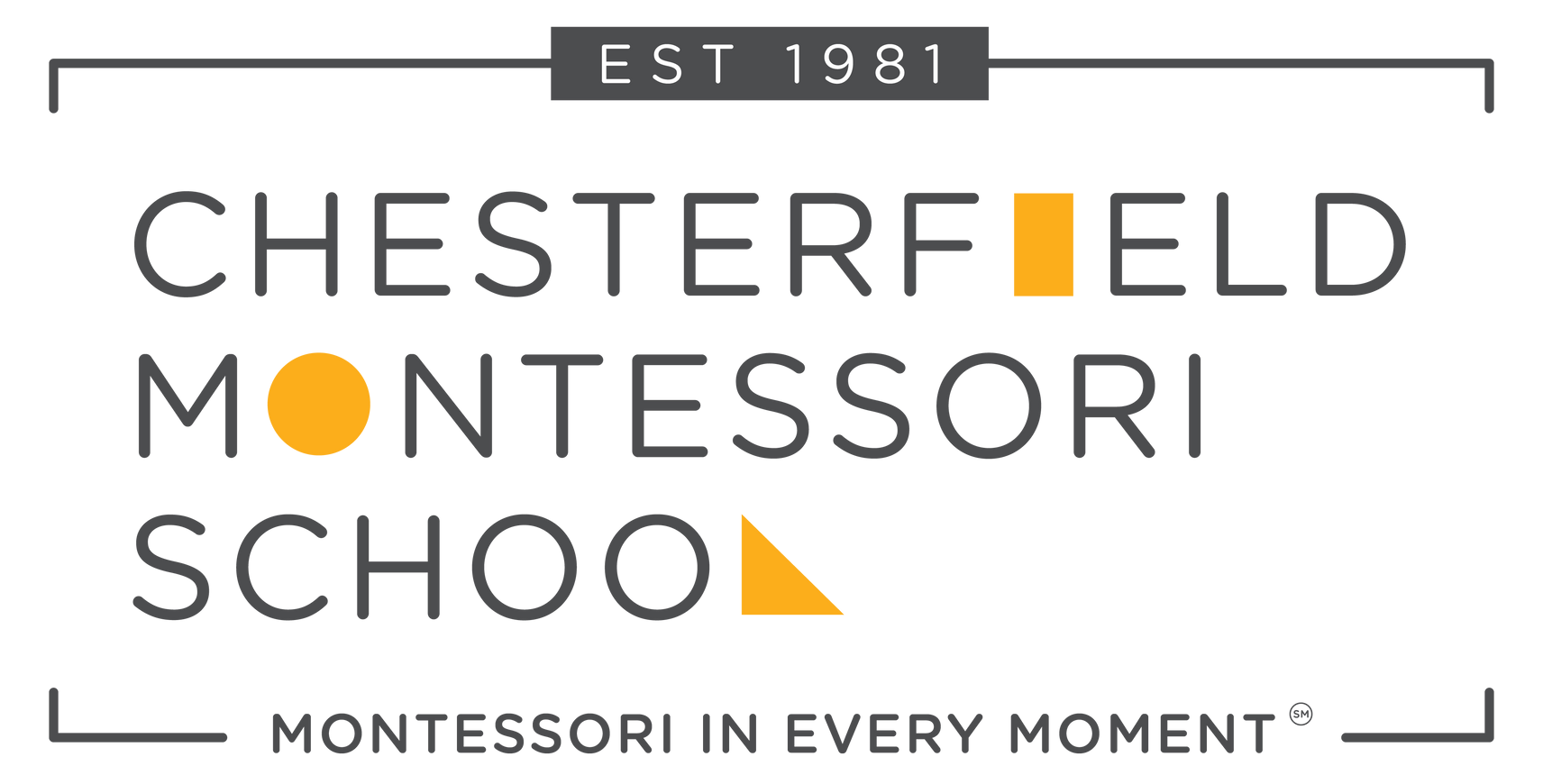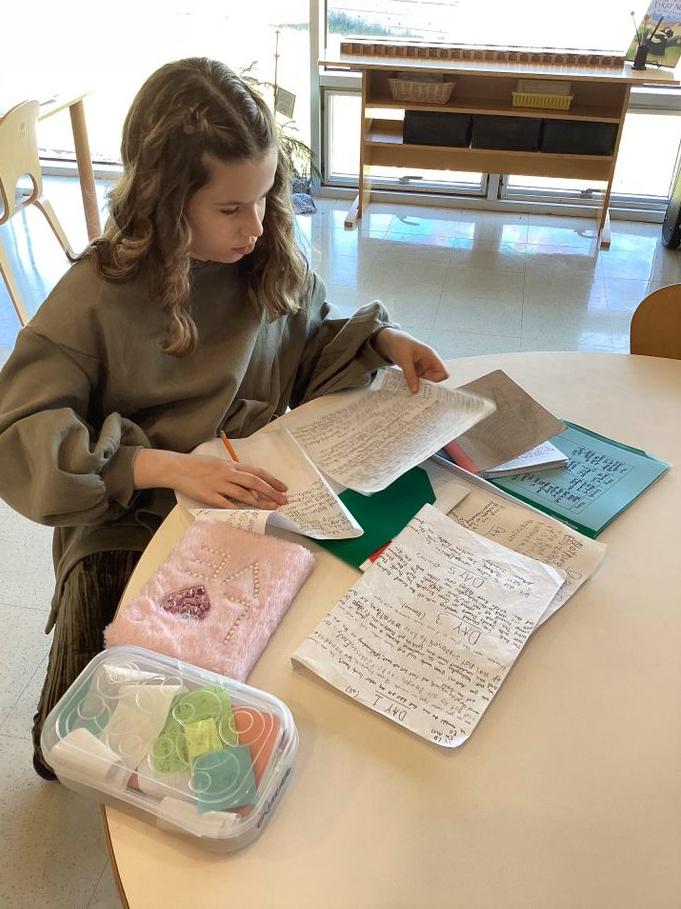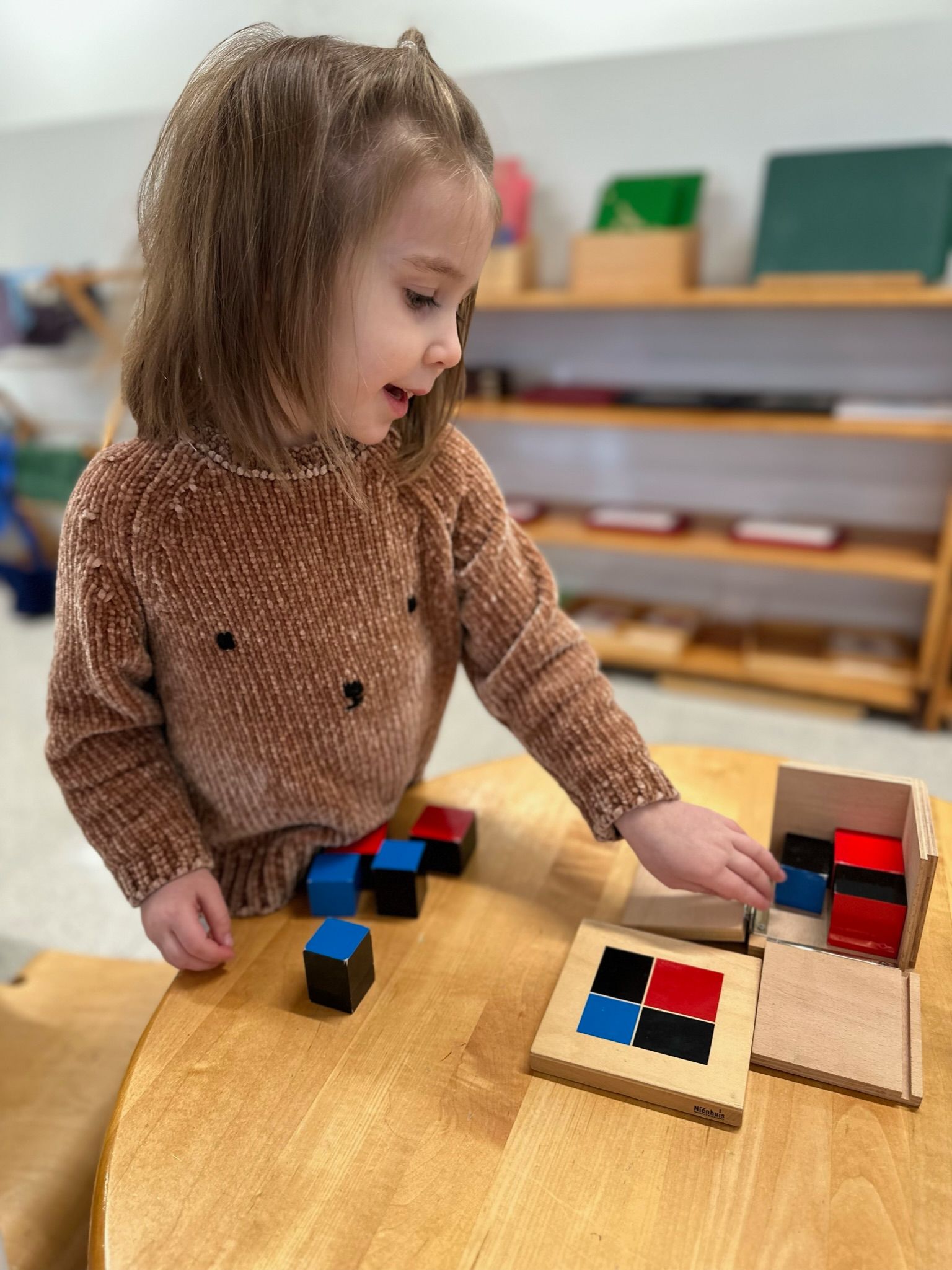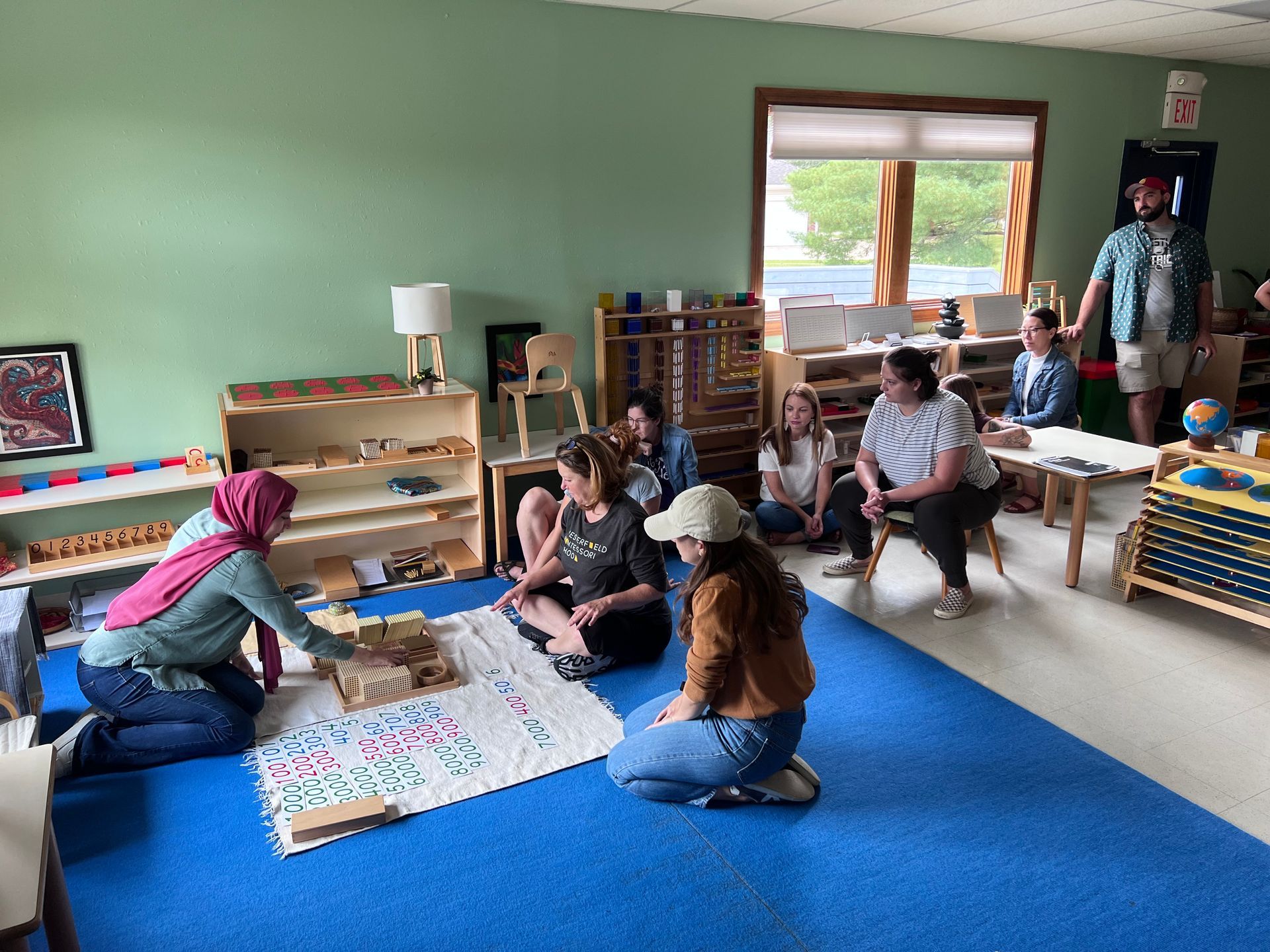Intellectually curious children are driven to learn, but that drive can dissipate if the child is not given an environment that allows them to thrive.
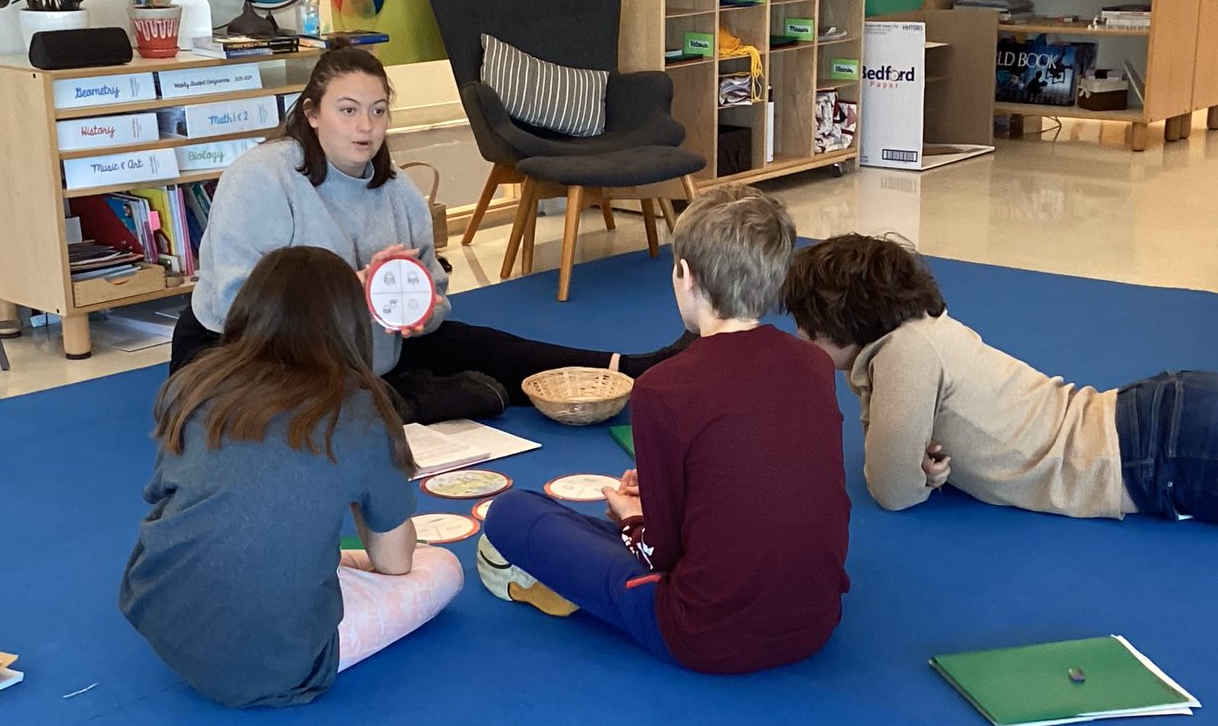
Traditional education is not typically a good match for many intellectually gifted learners. According to research conducted by The Thomas B. Fordham Institute, 58% of teachers have never received professional development that allows them to individualize their approach to education for gifted children. Additionally, 73% of teachers believe that the brightest children are not served in their programs.
Fortunately, there are things you can do at home to help your gifted child develop a passion for learning that leads to success in life!
- Emphasize Character over Intelligence
Children who are highly intelligent are often praised for being “smart.” Too often, this becomes the most important part of their identity. They may even develop an aversion to working hard or long at something, for fear that this means they haven’t learned it quickly enough. This robs them of opportunities to develop resilience and concentration, as well as the satisfaction of arriving at mastery of a problem. You can protect your child from this by encouraging challenging tasks and recognizing aspects of their personality beyond intelligence.
2. Avoid Over-scheduling
The human brain needs unscheduled time to integrate and process. Have you ever noticed that your best ideas come when you’re on a walk without headphones, driving, or taking a shower? Open time without organized activity allows time for family bonding and gives the brain much needed rest. Daydreaming, and even (a bit of) boredom is productive—it is often the precursor to bursts of creativity and insight.
3. Support their Passions
Allow children to discover what they love--and pursue it broadly and deeply. If they express curiosity about something, create opportunities for them to explore it further. They may share some of your interests—and they will also be curious about things you know nothing about. Making an effort to support their passions shows that you care about them.
4. Model Curiosity
Let them see that you still love to learn (you do, right?) Discuss age appropriate, interesting things you’ve read and watched with them. Be sure they see you reading for pleasure.
5. Offer Freedom to Risk and Make Mistakes
Children are often praised for getting the right answer. Unfortunately, this may have the unintended consequence of making them afraid to stretch themselves, for fear of getting it “wrong.” Research shows that mistakes are how we learn. Look for learning environments that encourage taking risks and learning from errors. At home, encourage curiosity, exploration and effort. Share your own experiences of learning from mistakes.
6. Protect Focus
Do your best to avoid interrupting a child who is wholly absorbed in their work. While it is natural to be curious about what interests your child and want to speak with them, wait until they have taken a break if possible. That time of full engagement/flow is precious for all of us, and even more so in a developing brain.
7. Offer Purposeful, Hands-on Work
Dr. Maria Montessori, founder of the Montessori method, recognized the important connection between the hand and the brain. This insight has been confirmed by recent neuroscience research focused on child development. When children’s hands are engaged in meaningful activity, they form critical neural pathways that support their optimal development. Furthermore, when that work supports their community in the home, classroom or beyond, it evokes a sense of agency and confidence. Find ways for your child to contribute to your home: putting things away, writing out the grocery list; setting the table, cooking meals, sitting down with a paper map and tracing the route to a family destination.
8. Create Collaborative Opportunities to Work with a Range of Abilities and Talents
It is important for gifted children to be able to connect with others who have similar abilities—as well as those whose abilities and gifts differ from their own. Working collaboratively with groups, particularly beginning in Elementary school, helps children with high intelligence learn to respect people with a wide variety of gifts and develops their social emotional awareness, which is critical to long-term success and happiness.
9. Encourage Them to Try New Things
Intellectually gifted children may become resistant to trying novel activities for fear that they won’t do them well. Help your child develop a growth mindset by talking about (and showing them) how important it is to be willing to do something badly on the way to doing it well. There is nothing like the confidence boost that comes from getting better and better at something with the right kind of practice!
10. Get Them Moving
Movement allows children to integrate their learning. It also reduces stress, improves behavior and feels good! Integrate movement into your daily routine and look for learning environments that incorporate movement.
11. Go Outside
Spending time outdoors, especially around plants and trees, is restorative and conducive to learning and positive mental health.
12. Keep Age-Appropriate Boundaries and Rules
Gifted children may be able to read and speak well above their grade level; this doesn’t mean they have commensurate emotional capacity. No matter their intellectual ability, they still need the security of knowing what the rules and expectations are and being surrounded by adults that allow them to still be children.
Incorporating these tips into your home life will enhance your gifted child’s well-being and help them retain a lifelong passion for learning. And if you would like to partner with a school that offers individualized, hands-on, evidence-based learning for your gifted child, take a look at Chesterfield Montessori School. We partner with families from St. Louis and around the world to help children realize their potential. Find out more and
schedule a tour today.
